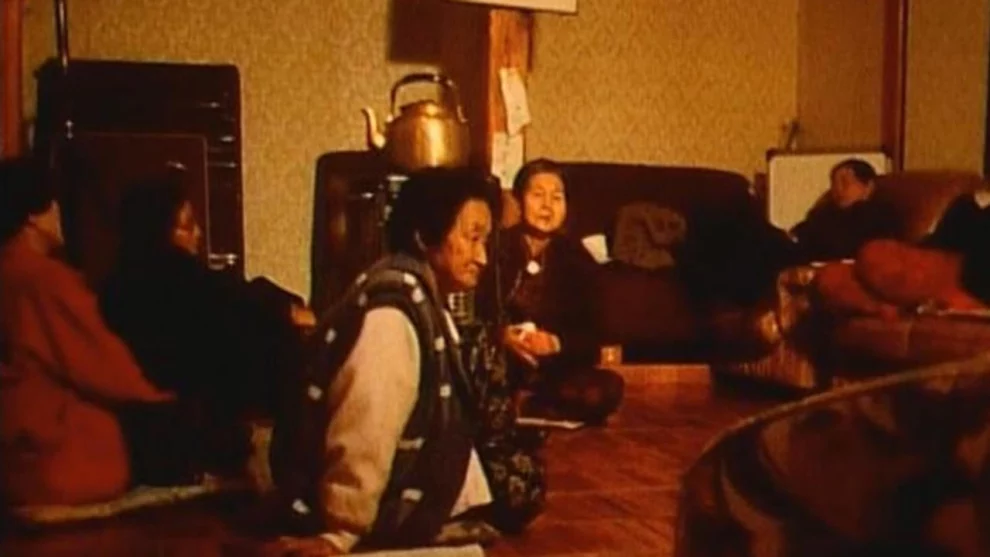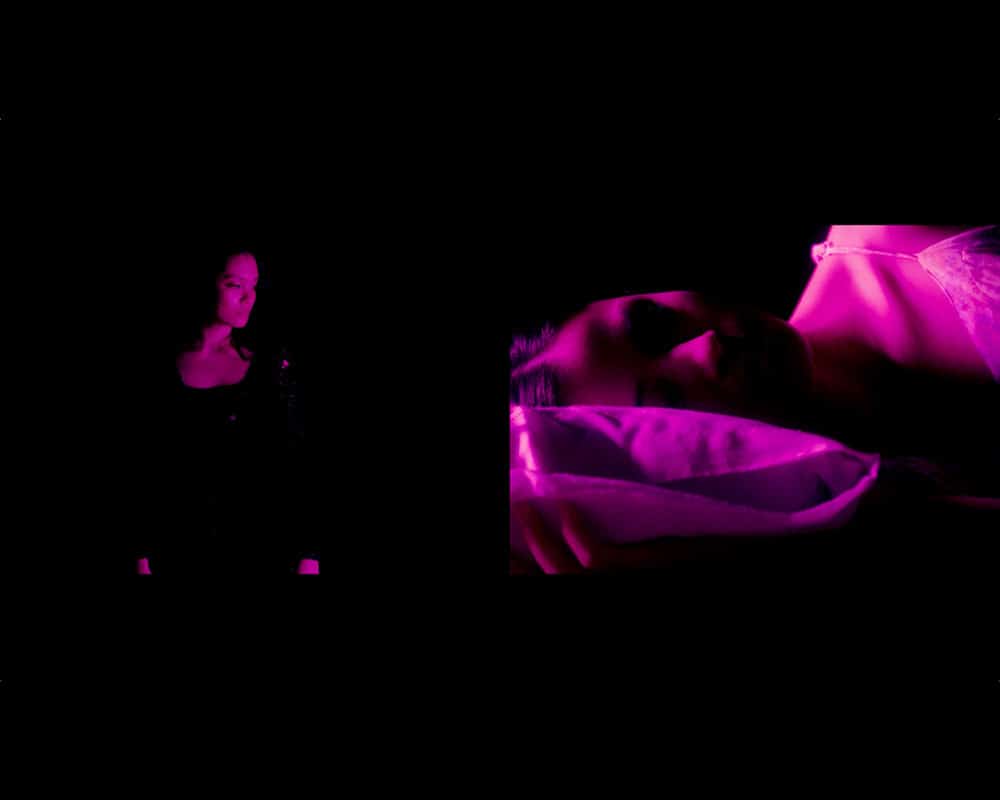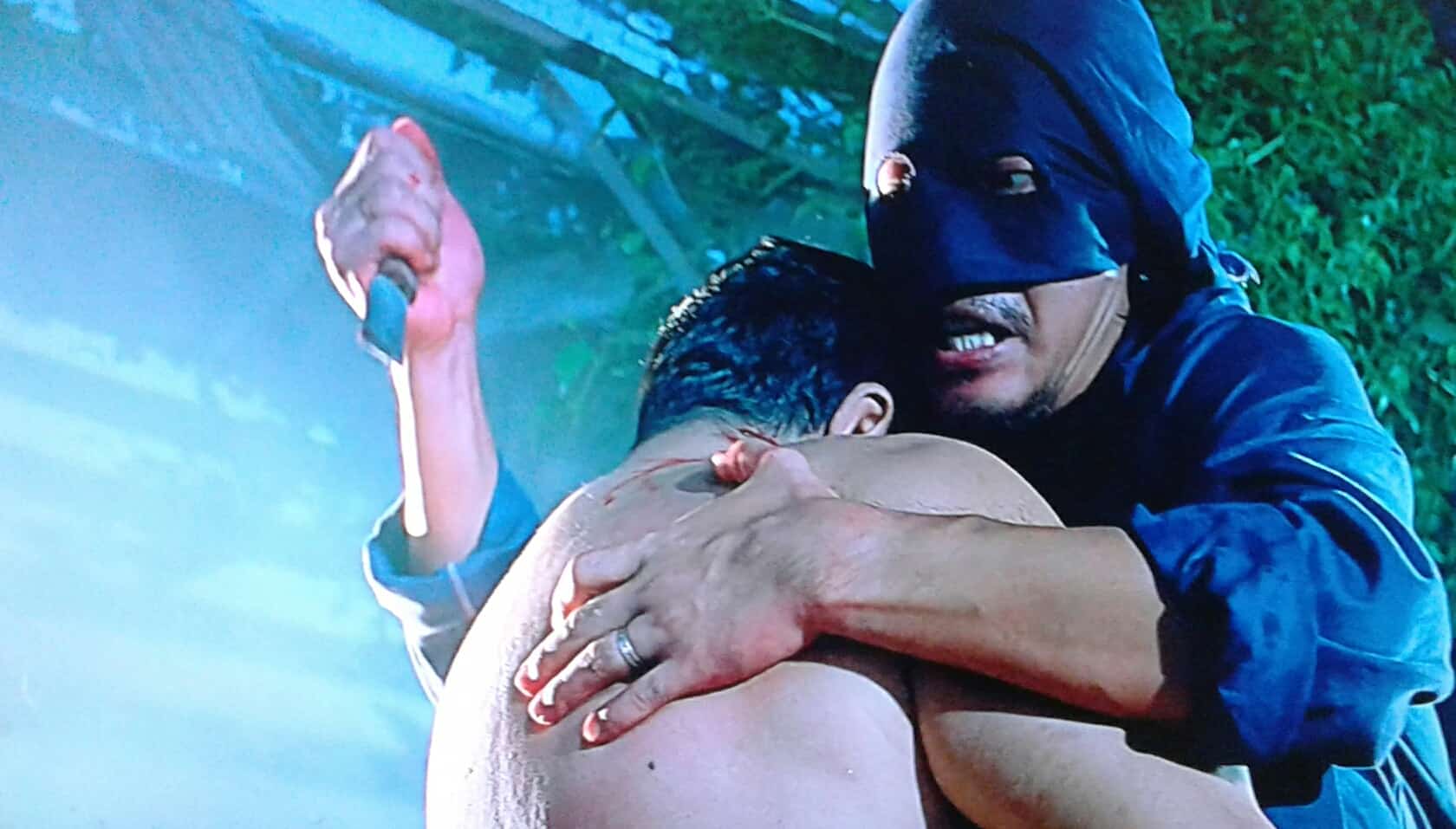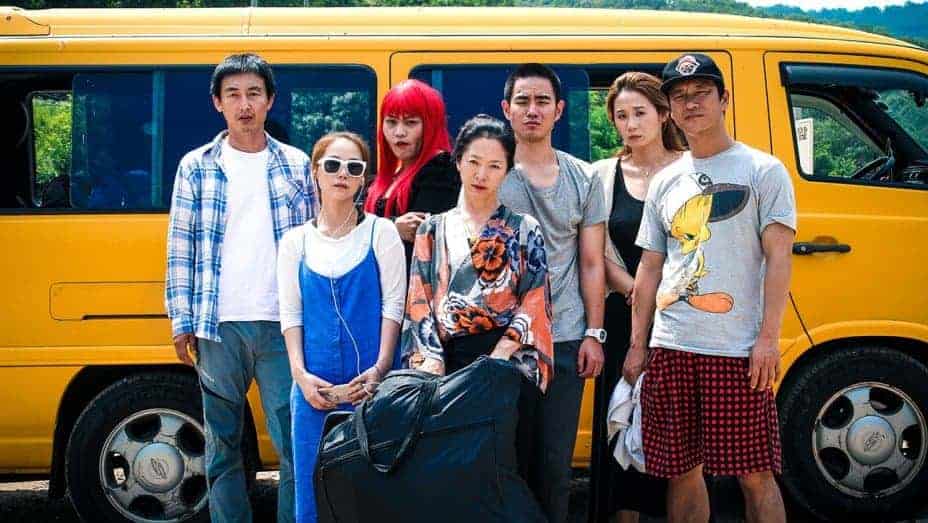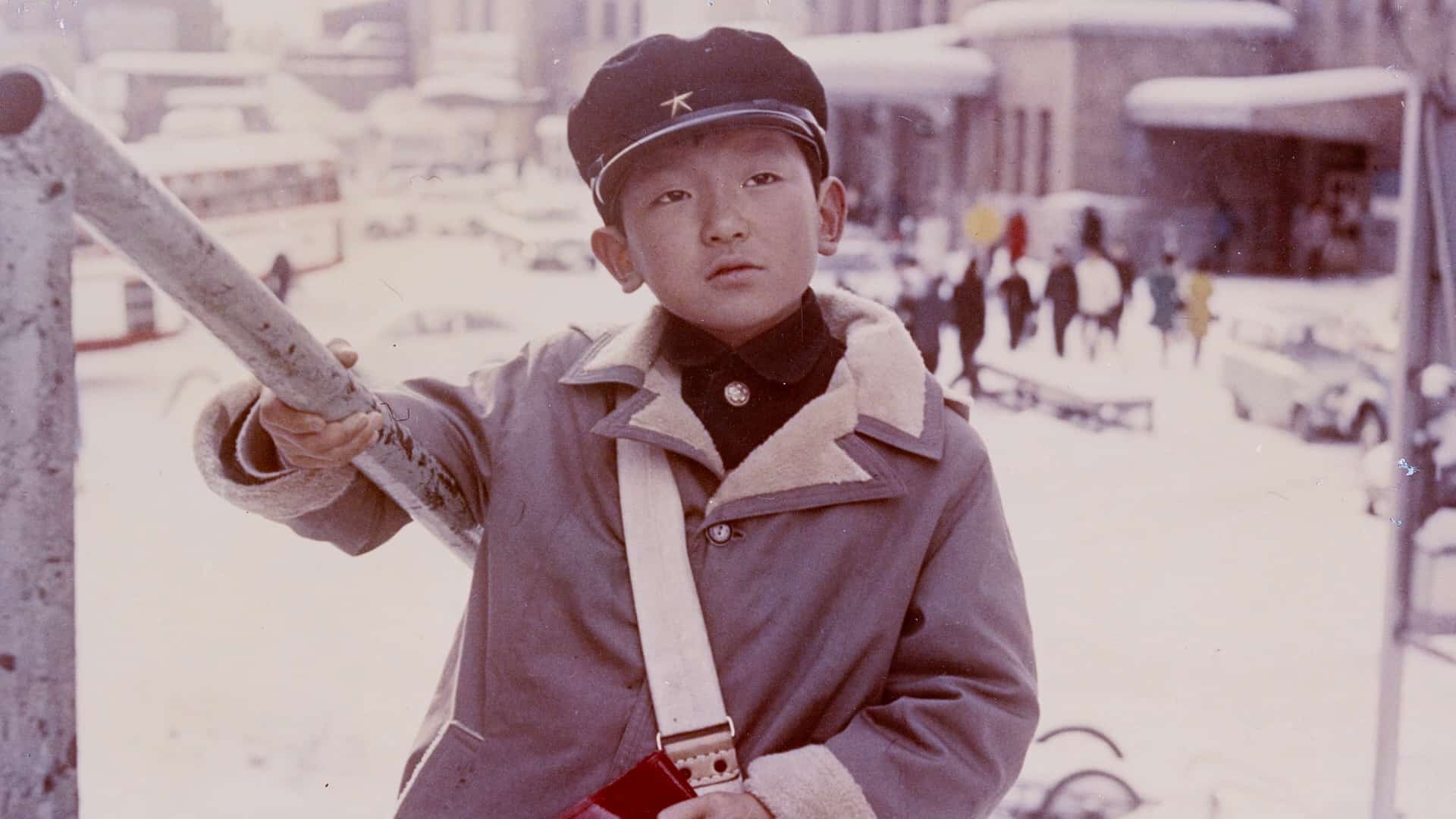Byun Young-joo's “The Murmuring” is the first Korean documentary shown in theaters, as well as the first one about “comfort women” in the country's history. Euphemistically called so, they were young girls, oftentimes teenagers, taken away from their homes by the Japanese army during the occupation of Korean Peninsula and brought to comfort stations where they were treated as sex slaves for the army. The movie is the first of a celebrated trilogy on the topic.
“The Murmuring” is screening at New Waves, New Shores: Busan International Film Festival

“The Murmuring” follows a few years of the lives of six women, Kim Haksoon, Kim Soondeok, Park Okryeon, Park Doori, Lee Youngsook, and Kang Deokkyeong. They are connected not only by the fact that are comfort women who have decided to tell their stories after decades of hiding, but also because they live together in an old house, called the House of Sharing. Each week they, together with numerous other women, protest in front of the Japanese Embassy in Seoul, seeking justice for the suffering they were inflicted upon.
Byun's film presents a world without any men. We see only women, supporting each other, living with one another, speaking and bickering with one another, but most importantly – understanding each other. Because what connects all of them is the fact that men brought them nothing but suffering. Japanese soldiers, mainly, through the dehumanizing things they did with them, but Korean ones too. Their husbands drank, beat, and cheated on them, they also treated them as subhumans. Not because they were considered sullied by the Japanese, after all, most of the women did not open up about their experience for the majority of their lives. They were abused and discarded simply because they were women. This life of rejection and abuse has made many of them hate life.
And still, they continue living because they want their suffering as well as that of many other women like them to be remembered. They go and protest in front of the Japanese embassy in Seoul every Wednesday for years not because they want reparations, but because they want an official apology by Japan. Though sometimes some of the victims tell the director they'd gladly accept money because all of them are poor.
There is a quietly fierce strength and dedication showing from the grandmas living in the shared house. They are strong enough to tell the world about what they have been forced to live through, knowing that they will be seen as impure by some and criticised by others. Knowing that their truth will be denied or even worse, ignored, doesn't stop them, either, because they want their suffering to not be buried in history. So, instead of living an amnesiac life, the choose to constantly remember and relive the terrible things that happened to them.
And what happened to them is in a word, reprehensible. They were all taken away very young and used by the Japanese army against their will, used more like objects than living, breathing people. The detail in which the old women recount what happened to them, coupled with the fact that we can see how they relive the stories as they retell them, makes watching the big parts of the movie incredibly difficult. We sit and watch, removed from these women's experiences both spatially and temporally, unable to believe the cruelty of people, specially colonial masters to their subjects. But we must so we can become better as individuals and as a society. And that is precisely why movies like “The Murmuring” exist.


